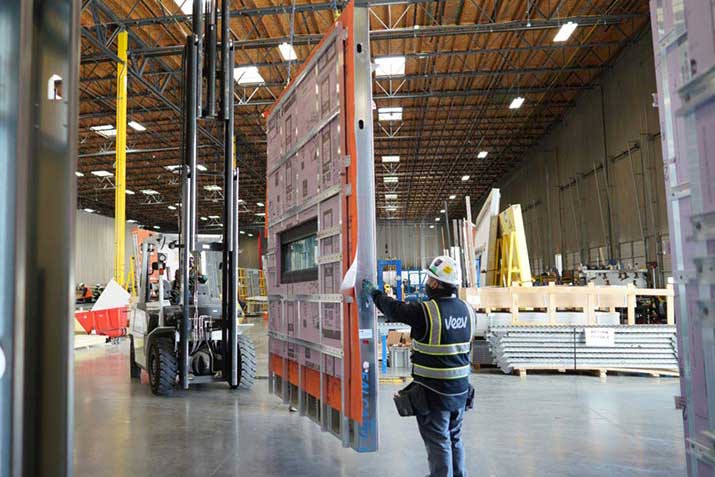

Innovative proptech startup Veev is on the brink of closure as the modular builder grapples with a lack of funding.
Situated in California, Veev, a proptech startup recognised for its innovative modular building techniques, is facing a challenging future. Founded in Tel Aviv in 2008, Veev gained recognition for its unique approach to modular housing development, marrying technology with progressive building methods. However, recent events suggest that the company is on the brink of shutting down.
At its peak, Veev had over 400 employees, including a significant presence in Israel with 100 staff members. The company’s primary focus was the development of modular homes, adopting a “plug and play” approach. This enabled rapid assembly, with added benefits like pre-attached electrical and plumbing outlets. Their efforts also generated substantial investor interest, reflected in their impressive fundraising achievements.
The financial journey of Veev is noteworthy. The company successfully raised a staggering USD $600 million, a testament to its perceived potential and innovative approach. In 2021, Veev raised USD $100 million through the Tel Aviv Stock Exchange’s TASE UP platform. This was followed by a substantial USD $400 million in a Series D funding round in 2022, propelling the company to a valuation of approximately USD $1 billion. This round included high-profile investors such as BOND, LenX, Zeev Ventures, Fifth Wall Climate Tech, and JLL Spark Global Ventures.
Watch Veev’s recent ‘Brand Anthem’ to learn more about the modular builder.
Despite these achievements, Veev faced considerable challenges. The company embarked on an ambitious expansion plan, intending to build around 300 single-family houses in Northern California over two years. However, the company’s fortunes began to wane towards the end of 2022, marked by the layoff of approximately 30% of its workforce. This was an early indicator of financial strain, further compounded by difficulties in maintaining interest payments on debts accumulated through property acquisitions in California.
The crux of Veev’s current predicament lies in its recent failed attempt to secure additional funding. Citing adverse macroeconomic conditions, Veev’s latest funding round did not materialise as anticipated. This setback has led the company to consider selling its U.S. assets as a means of mitigating losses. In a statement, Veev disclosed that it was undergoing an assignment for the benefit of creditors process, hoping that its creations would continue in some form. Until a buyer is found, the company’s operations are set to continue, albeit in a limited capacity.
The company’s future now hinges on the successful sale of its assets.